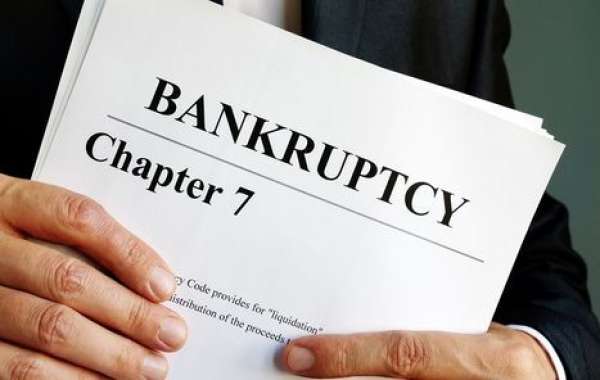Introduction:
lawyers for bankruptcy near me, often seen as a financial last resort, is a legal process that provides individuals and businesses with a fresh start when overwhelmed by debt. However, the path to financial recovery can differ significantly between personal and business bankruptcy cases. In this article, we explore the key distinctions that individuals and business owners should understand when considering bankruptcy.
- Nature of the Debtor:
- Personal Bankruptcy: Primarily designed for individuals facing overwhelming debt, personal bankruptcy focuses on the financial circumstances of the individual debtor.
- Business Bankruptcy: Geared towards struggling businesses, business lawyers for bankruptcies near me, addresses the financial challenges faced by the company rather than its individual owners.
- Types of Bankruptcy Chapters:
- Personal Bankruptcy: The two primary chapters are Chapter 7 (liquidation) and Chapter 13 (debt reorganization).
- Business Bankruptcy: Common chapters include Chapter 7 (liquidation), Chapter 11 (reorganization), and Chapter 13 (for small businesses).
- Objective of the Bankruptcy:
- Personal Bankruptcy: Aims to provide individuals with relief from debt, either through liquidation (Chapter 7) or a manageable repayment plan (Chapter 13).
- Business Bankruptcy: Focuses on restructuring the company's debts, facilitating its survival and the continuation of operations (Chapter 11), or winding down and liquidating assets (Chapter 7).
- Assets and Liabilities:
- Personal Bankruptcy: Involves the liquidation of non-exempt assets in Chapter 7, with the proceeds used to repay creditors. Chapter 13 allows individuals to retain assets while adhering to a court-approved repayment plan.
- Business Bankruptcy: Assets and liabilities are assessed on a business level, impacting the company's operations and financial structure.
- Debt Repayment Plans:
- Personal Bankruptcy: Chapter 13 involves creating a court-approved repayment plan, allowing the individual to pay off debts over a specified period.
- Business Bankruptcy: Chapter 11 provides a business with the opportunity to reorganize and propose a debt repayment plan that may involve reduced payments or extended timelines.
- Role of the Trustee:
- Personal Bankruptcy: A trustee is appointed to oversee the case, ensuring compliance with the repayment plan and overseeing the liquidation process if applicable.
- Business Bankruptcy: The company's management often continues to operate the business under the supervision of a trustee during Chapter 11, ensuring adherence to the reorganization plan.
- Timeline and Complexity:
- Personal Bankruptcy: Generally quicker and less complex compared to business bankruptcy proceedings.
- Business Bankruptcy: Involves a more intricate process due to the complexity of business operations, negotiations with creditors, and the development of a comprehensive reorganization plan.
Conclusion:
Understanding the distinctions between personal and business bankruptcy cases is vital for individuals and business owners facing financial challenges. bankruptcies near me, Whether seeking relief as an individual or attempting to navigate the complexities of business reorganization, a tailored approach is essential to achieving a successful outcome and a fresh financial start.




